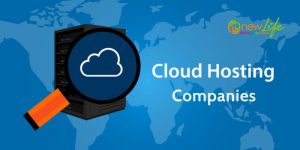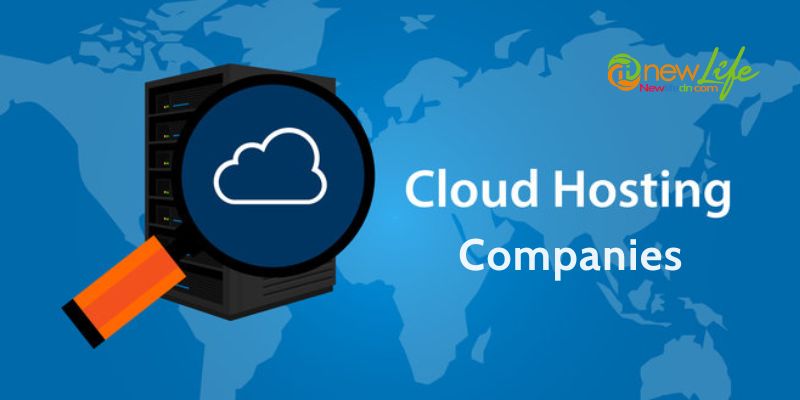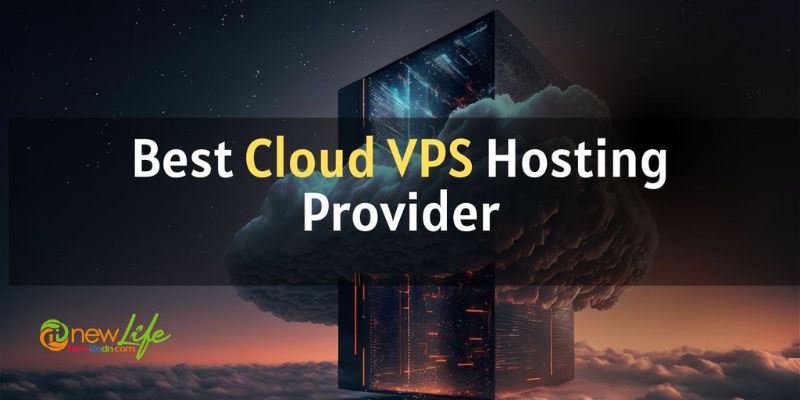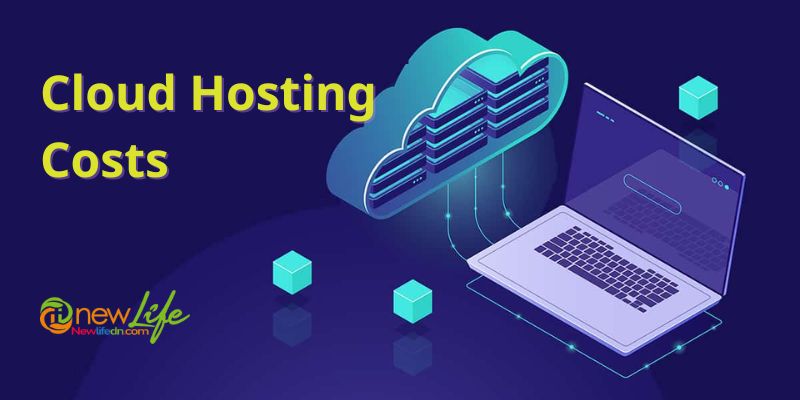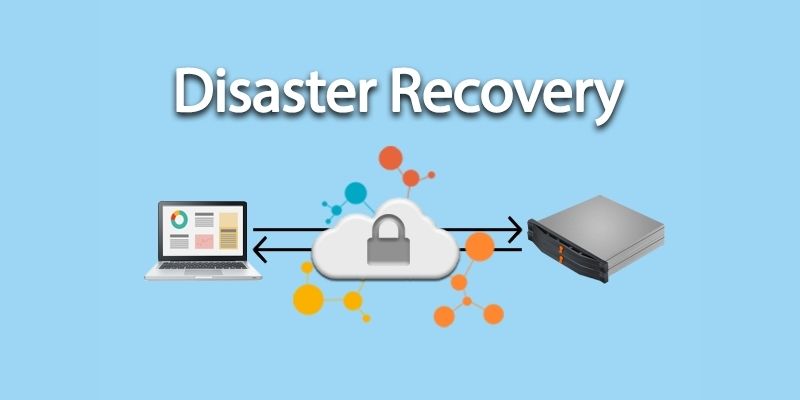Cloud computing platforms has played a significant role in businesses’ digital transformation for many years. These services have increased in popularity over the past year as remote work has grown in acceptance. These cloud computing platforms are easy to use and provide services that have been carefully prepared, saving us time and energy.
Every business that wants to keep on top of digital trends and norms today needs to use cloud computing platforms. And, as you may be aware, ignoring digital development in the contemporary world of this century is not an option. One of the best things about these services is that everyone, not just large corporations, may profit from them. These platforms can be used for a range of individual and business initiatives, including database management, deep learning, machine learning, and data science. newlifedn.com will provide some of information for you in this post.
Contents
What is the definition of a cloud platform?

A cloud computing platforms is a server’s hardware and operating system that is housed in an online data center. It allows for the widespread and remote coexistence of hardware and software.
A cloud computing platform allows for the Internet-based deployment of many different services. This is how a cloud computing platform is often defined. Among other tools and applications, these resources include data storage, servers, databases, networking, and software.
Instead of keeping your contents on a specialized hard drive or a local storage device, cloud-based storage enables you to store them to a remote database. An electronic gadget has access to the data and the software programs required to run it as long as it has internet connectivity.
Cloud computing platforms are becoming more and more popular among individuals and organizations for a number of factors, including cost savings, increased productivity, speed and efficiency, performance, and security.
What exactly are cloud computing platforms and how do they operate then? Businesses rent out computer services such servers, databases, storage, analytics, networking, software, and intelligence. As a result, companies are spared the expense of purchasing data centers or processing machinery. Just the services they receive are paid for.
Types of cloud platform

Different forms and sizes of cloud computing platforms are available. All of these are not appropriate for everyone. A range of models, types, and services are provided to satisfy the various wants of customers. These are what they are:
-
Public Cloud:
Public cloud platforms are independent firms that provide computer resources over the Internet. An extension of an organization’s IT infrastructure, a public cloud is a virtualized environment that enables it to host parts of its infrastructure and services on virtual servers that are located off-site and are owned by a third party.
Public cloud service providers are distinguished by their characteristics, and they offer a variety of services and pricing models. A few examples include Amazon Web Services (AWS), Google Cloud Platform, Alibaba, Microsoft Azure, and IBM Bluemix.
-
Private Cloud:
A private cloud computing platforms is exclusive to one business. It is frequently housed in a local data center or by a third-party service provider. Because a private cloud is a single-tenant system, no other users can access its resources. There are various methods for managing and hosting those resources.
The private cloud computing platforms may be developed using the resources and hardware already present in the on-site data center of an organization or using fresh, unique infrastructure made available by a third party provider.
-
Hybrid Cloud:
This platform incorporates both public and private clouds, making it a hybrid cloud. Apps and data are seamlessly moved from one device to another. Flexibility is a hybrid cloud’s key benefit.
The requirement to quickly react and change course is a fundamental component of a digital business. Your business may want (or need) to connect public clouds, private clouds, and on-premises resources to provide the agility needed for a competitive edge.
List of Cloud Computing Platforms

Microsoft Azure
Given Microsoft’s vast range of services, Azure has long been recognized as one of the best cloud computing platforms available. The lengthy range of services provided is adequate to suit the needs of any business in any industry.
Using Azure, you can run services on the cloud or combine them with any of your present infrastructures. Since its initial release in 2010, Microsoft Azure has shown to be a dependable option for companies looking to transform their operations digitally.
Amazon Web Services
A prominent cloud computing platform for creating interactive online apps for your business is Amazon Online Services (AWS). There are many IaaS and PaaS solutions accessible (RDS), including Elastic Cloud Compute (EC2), Elastic Beanstalk, Simple Storage Service (S3), and Relational Database Service. Because of the flexibility of AWS’ architecture, you can cut costs by only employing the services you need.
Google Cloud
One of the largest IT firms in the world, Google Cloud offers a stable, user-friendly, and secure cloud computing solution. Despite having a smaller service portfolio than Azure, Google Cloud can nonetheless fulfill all of your IaaS and PaaS needs. User-friendliness and security are among its headlines. Similar to Azure, the first 12 months of your service are similarly free. Google also bragged about how its services were more affordable and less expensive than others.
IBM Cloud
IaaS (Infrastructure as a Service), SaaS (Software as a Service), and PaaS (Platform as a Service) are the main objectives of IBM Cloud, another cloud computing platform. It has one of the most cost-effective price structures available, and since it can be completely customized, you might potentially save much more money. It’s simple to create an account using their APIs.
CloudLinux
If you want to build your own IT infrastructure rather than relying on a third-party service, CloudLinux is the way to go. It’s a platform for building your own cloud infrastructure, not just another cloud provider. As its name suggests, it is an operating system built on the Linux platform. Although working with CloudLinux has many challenges, it also has many rewards and advantages, like complete control, flexibility, security, and extensive customization.

